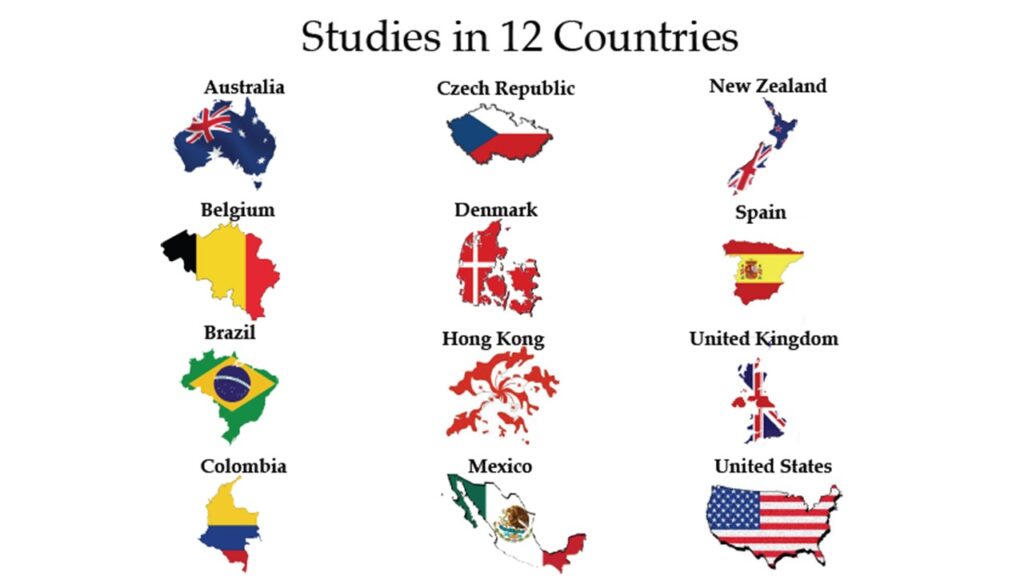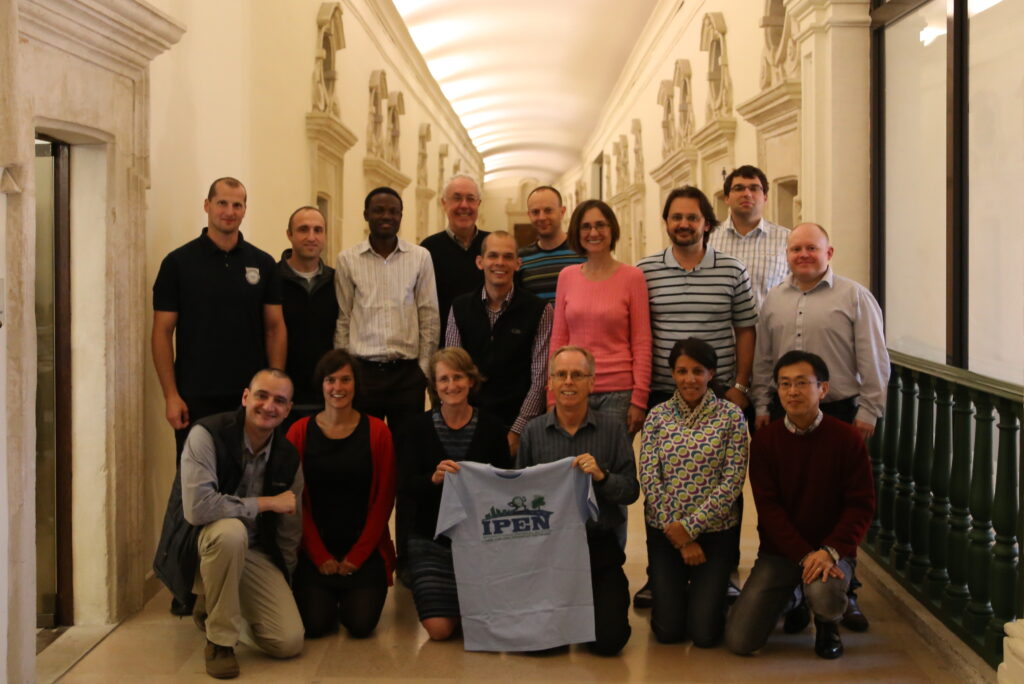
IPEN Adult Study
The IPEN Adult study is a ground-breaking international study with data collected from 17 cities across 12 countries that was funded by the National Cancer Institute (Grant ) in September 2009. The Coordinating Center was based in San Diego for many years but is now supported by the Mary Mackillop Institute for Health Research, Australian Catholic University, in Melbourne and led by Prof. Ester Cerin.
Engagement in regular physical activity has a wide range of health benefits. The built environment can have a widespread and long-lasting impact on an individual’s engagement in physical activity. To accurately assess the strength of the association of the built environment with physical activity and weight status, greater environmental variability is required than one country can provide.
Numerous US and international agencies have identified environmental and policy interventions as essential strategies for improving physical activity and obesity, so high quality research is needed to inform the design of those strategies. There were 3 important limitations of research on built environments and physical activity the IPEN Adult Study was designed to overcome:
1. Studies had limited environmental variability. If underestimated associations make it less likely that decision-makers pursue built environment changes, then public health suffers.
2. Several studies documented associations between the built environment and weight outcomes, but confirmatory studies were needed, especially those conducted in diverse international environments.
3. Measures were insufficiently detailed to give guidance about specific attributes of the built environment most likely to be effective interventions.
IPEN Adult collected comparable data from 12 countries, using a common research protocol, to achieve two primary aims:
- Assess the relation between actual (GIS) and perceived features of the built environment (e.g., street layout, transport stops) with device measured physical activity as well as self-reported leisure and transportation physical activity.
- Assess the relation between actual and perceived features of the built environment with overweight and obesity in adults.
Results from the IPEN Adult Study can be used to set priorities for evidence- based international and country-specific urban planning and physical activity policies that can improve individuals’ physical activity and health.
Read the IPEN Adult Protocol Paper here published in Journal of Physical Activity and Health

Countries Involved
There are currently 12 countries involved in the IPEN Adult Study that contribute to a pooled analyses:
Australia
Belgium
Brazil
Colombia
Czech Republic
Denmark
Hong Kong
Mexico
Malaysia
New Zealand
Spain
United States
United Kingdom

Funding Acknowledgment
The IPEN Adult study was funded by the National Institutes of Health and National Cancer Institute (CA127296) 2009 to 2014. The NIH grant supported the Coordinating Center at UC San Diego (initially at San Diego State University) and data collection in several countries. Other countries were successful in obtaining internal funding for their data collection.
At this time, all of our IPEN funds have been allocated and data collection is now complete in most countries.
To find IPEN study resources for researchers click here






